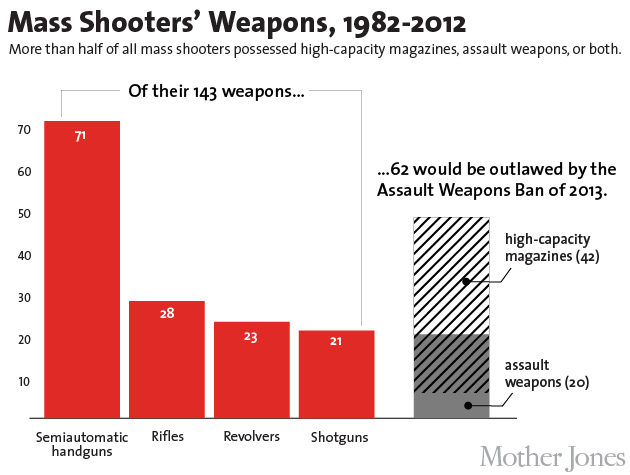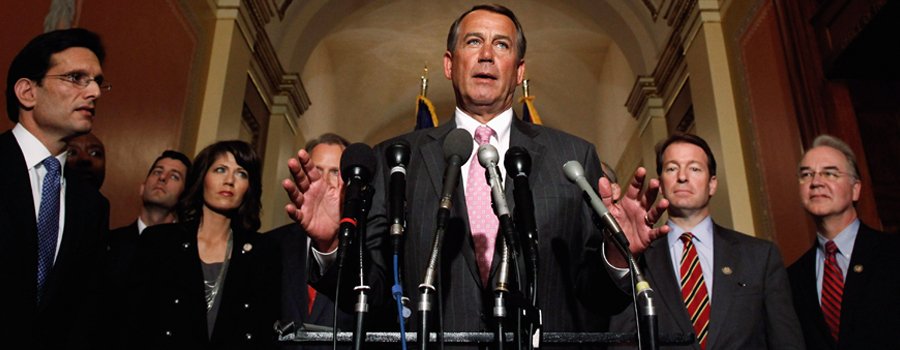 In the summer of 1988, in the University Town neighborhood of Peshawar, Pakistan, Osama bin Laden founded Al Qaeda, which means “the Base,” in Arabic. As a calling card for terror or revolution, the name lacked pizzazz. Bases are safe places, not threatening ones. We can infer from the historical record that bin Laden’s comrades either couldn’t come up with a better idea or didn’t want to annoy him by questioning his brainstorm.
In the summer of 1988, in the University Town neighborhood of Peshawar, Pakistan, Osama bin Laden founded Al Qaeda, which means “the Base,” in Arabic. As a calling card for terror or revolution, the name lacked pizzazz. Bases are safe places, not threatening ones. We can infer from the historical record that bin Laden’s comrades either couldn’t come up with a better idea or didn’t want to annoy him by questioning his brainstorm.A decade later, Al Qaeda announced itself as a global menace by bombing two American Embassies in Africa. The group’s ambitions escalated until the apex of September 11th. That day’s mass murder assured Al Qaeda’s notoriety, but the Bush Administration raised its profile further by embarking on a Global War on Terror, in which Al Qaeda figured centrally. For a time, bin Laden’s brand thrived.






































